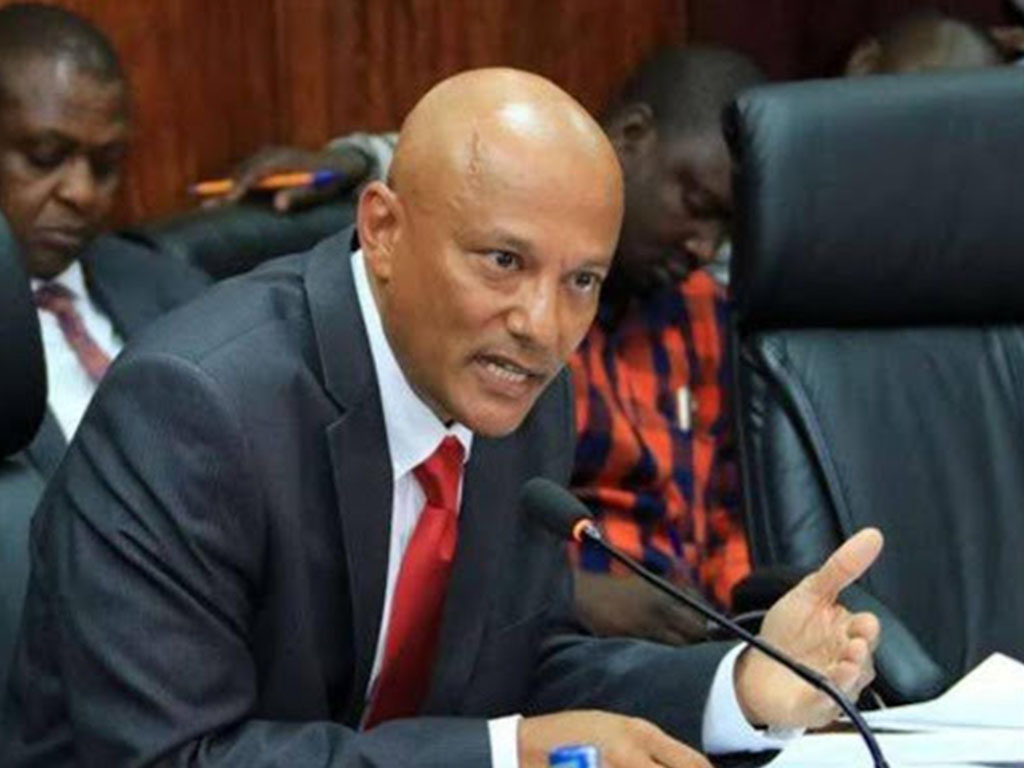The Chief Executive Officer of the Ethics and Anti corruption commission Twalib Mbarak has expressed his reservation for the commission to be accorded prosecutorial powers.
Speaking in Naivasha during the parliamentary Justice and Legal affairs consultative forum with the commission Mbarak has said the designation calls for an intense debate to consider its pros and cons
According to Mbarak, if the Commission is granted prosecutorial powers, it could be used as a conduit for gaining political scores by well connected individuals.
”If you have been investigated by EACC and charged by EACC which now has prosecutorial powers and want to stand for a political seat, there a danger of manipulation and abuse if the CEO is weak to stand grounds.” Mbarak stated.
While assuming office EACC Chairperson Bishop David Onginde noted that if handed over the powers, it will help speed up cases as old as 15 years old.
“The workload at the ODPP’s office is just enormous.” The office deals with all criminal cases, so when we send our files, it is not the only file that they have to deal with. They have to prioritize cases according to the kind of work that they have, “David Ominde said.
The chairman of the JLAC committee George Muragura has criticized the proposal charging that it could breach the constitution by usurping the powers of the office of the director of public prosecution
”Constitutionally the only body that charges is the ODPP and if you try to give powers to any other body to prosecute then it is a breach of the constitution and that will have its only consequences. Remember the investigator should not be prosecutor.” Muragura mentioned.
The forum is discussing the issues affecting the fight against corruption and the reform strategies required to address the challenges as part of implementing the resolution of the recent anti corruption summit of the heads of arms of government in Nairobi.
The EACC has also highlighted the state of corruption in county governments since devolution. The commission stated it has received and processed 10,543 reports of corruption and unethical conduct relating to county governments.
Upon analysis, 7,310 reports were found to be within the mandate of the Commission and taken up for investigation.
Nine former and serving governors have been taken to court for criminal and civil proceedings related to the theft of public funds.

